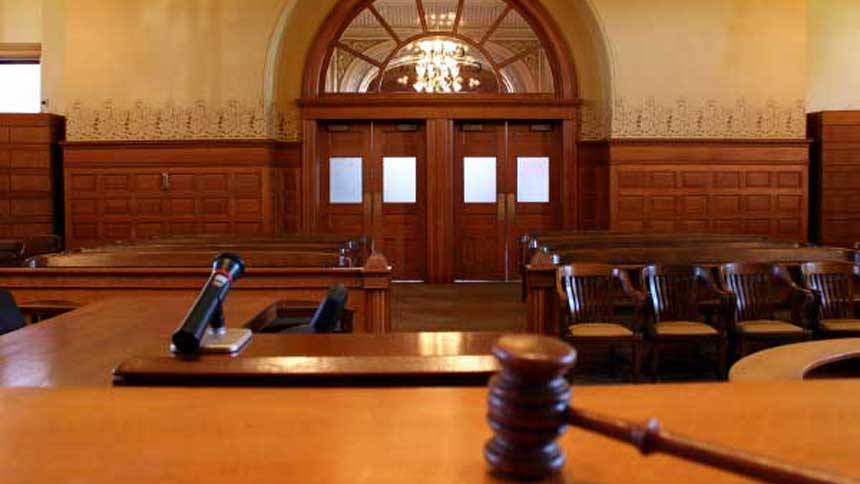
The Appellate Division continued in relevant part: If this “presumption of innocence” still constitutes a bedrock constitutional principle, then it must mean that once acquitted, the accused must be viewed as innocent – not just not guilty – of the acquitted charge. See State v. Cote, 530 A.2d 775, 785 (N.H. 1987). Here, the jury’s acquittal of defendant on the murder, conspiracy to commit murder, and the weapons charges constituted at sentencing hardly a “speed bump.” United States v. Bell, 808 F.3d 926, 929 (D.C. Cir. 2015) (Millett, J., concurring).
It may be, as a matter of federal constitutional law, that a sentencing judge may do what this judge did because of United States v. Watts, 519 U.S. 148 (1997), although Watts’ vitality is doubtful when considering it was soon followed by Apprendi v. New Jersey (2000), and United States v. Booker (2005), both of which placed considerable limits on a sentencing judge’s use of facts other than those found by a jury through the constitutionally-required reasonable-doubt standard. In fact, in a footnote, the Booker majority observed that “Watts, in particular, presented a very narrow question regarding the interaction of the [Federal Sentencing] Guidelines with the Double Jeopardy Clause, and did not even have the benefit of full briefing or oral argument.” Booker, 543 U.S. at 240 n.4. That footnote prompted Michigan’s highest court to observe that the five-member Booker majority had given Watts “side-eye treatment” and “explicitly limited it to the double-jeopardy context,” People v. Beck, 939 N.W.2d 213, 224 (Mich. 2019), not applicable here.
In Beck, 939 N.W.2d at 229-30, the Court concluded that a sentencing judge’s use of acquitted conduct constituted a due process violation, as have other state courts. See Bishop v. State, 486 S.E.2d 887, 897 (Ga. 1997); McNew v. State, 391 N.E.2d 607, 612 (Ind. 1979); Cote, 530 A.2d at 785; People v. Black, 821 N.Y.S.2d 593, 596-97 (App. Div. 2006); State v. Marley, 364 S.E.2d 133, 139 (N.C. 1988). The practice has also been criticized by a circuit judge now sitting on the Supreme Court. See Bell, 808 F.3d at 928 (Kavanaugh, J., concurring) (stating that “allowing judges to rely on acquitted or uncharged conduct to impose higher sentences than they otherwise would impose seems a dubious infringement of the rights to due process and to a jury trial”).
The Court’s citations to other states’ Supreme and appellate courts are not binding law in New Jersey. The citations are considered persuasive authority. It is common to look to other states and non-binding jurisdictions for guidance when confronted with a legal issue that our own courts have not yet decided.
